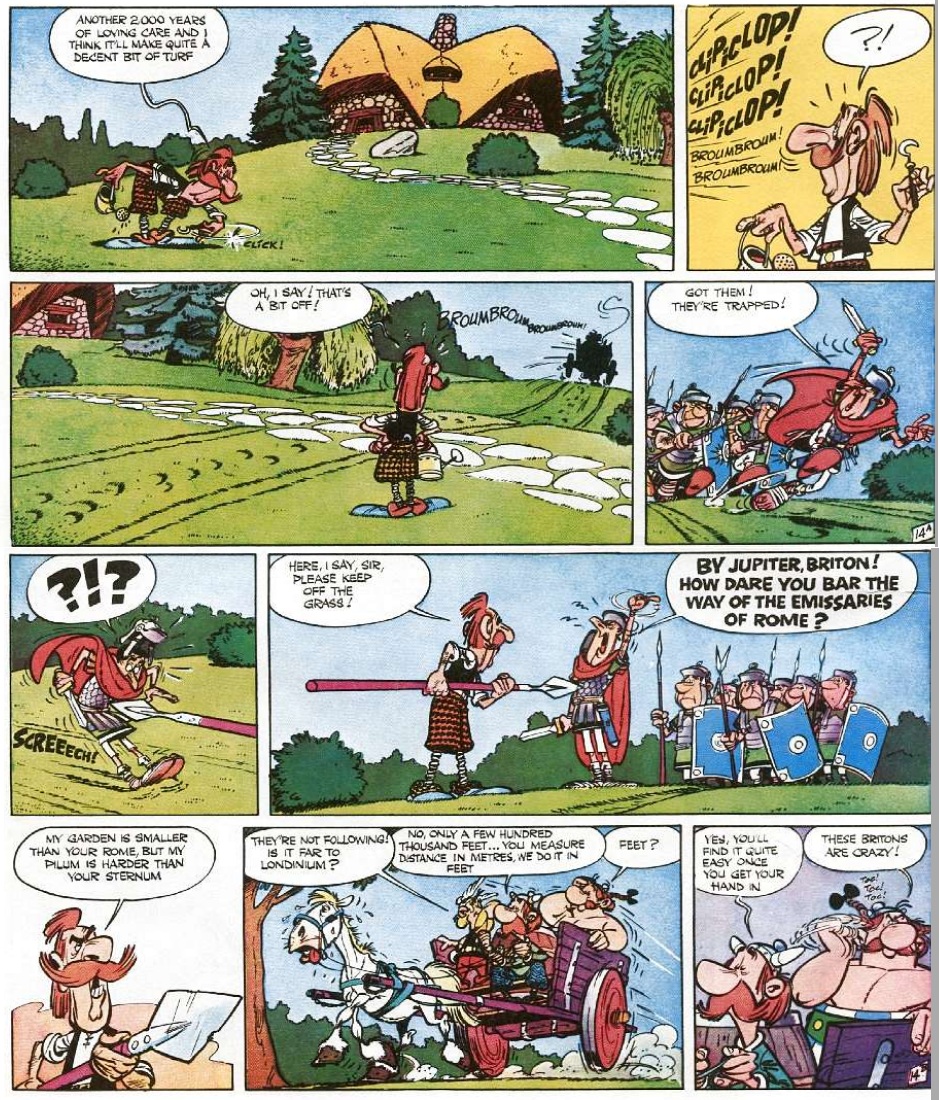00:00 - 17:0017:00 - 00:00
user227867
user227867
user227867
user227867
user227867
user227867
user227867
user227867
user227867
user227867
user227867
user227867
user227867
user227867
user227867
user227867
user227867
user227867
user227867
user227867
user227867
user227867
user227867
user227867
user227867
user227867
user227867
user227867
Anonymous
00:00 - 17:0017:00 - 00:00







